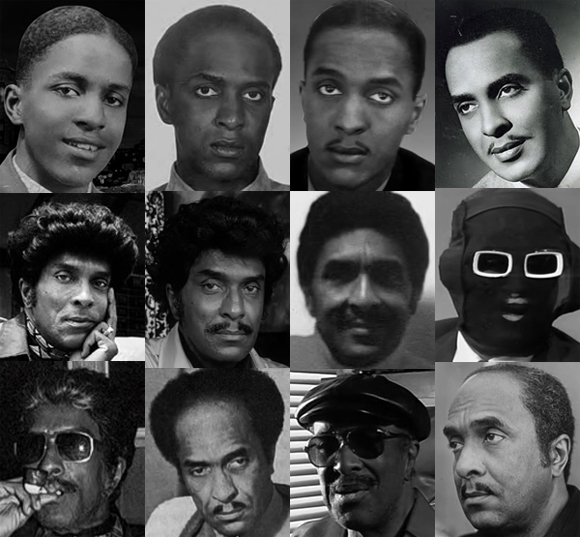

Millman and Morriss both supplied me with letters and other documents owned by Beck, and they have been ongoing resources for information for many years. I purchased all of these items, and then I flew to Los Angeles to interview her, as well as Beck’s publisher at Holloway House books, Bentley Morriss.

She was selling all of Beck’s old pimp suits, alligator shoes, and silk shirts on ebay to raise money for charity. The next big breakthrough came in 2004, when I met Robert Beck’s second wife, Diane Millman. I began collecting, reading, and categorizing them all in order to get a picture of the entire literary scene he helped create. Scouring used bookstores, thrift shops, and bootleg video stores, I discovered hundreds of black-authored paperback novels inspired by the works of Iceberg Slim. I began my search by traveling to black neighborhoods in New York, Los Angeles, Detroit, and many other American cities in search of Beck’s books. In my journey to uncover the life and works of Robert Beck (aka Iceberg Slim) I have made many surprising discoveries along the way.

In this blog entry, Justin Gifford, author of Pimping Fictions, explains how he came to tell the story of African American Crime Literature and the Untold Story of Black Pulp Publishing An error has occurred the feed is probably down.activism african american african american studies american studies animals Anthropology art Asian American asian american studies baseball basketball Book books brazil business civil rights COVID crime criminology cultural studies culture Democracy disability economics economy Education elections environment ethics ethnicity football gender gender studies government health history immigration inequality labor Labor Studies law LGBT literature masculinity media migration music open access philadelphia philosophy photography policy political science politics poverty publishing race race and ethnicity racism refugee religion sexuality slavery social justice sociology sports Temple University Press transnational politics Trump University Press University Press Week urban studies violence war women.


 0 kommentar(er)
0 kommentar(er)
